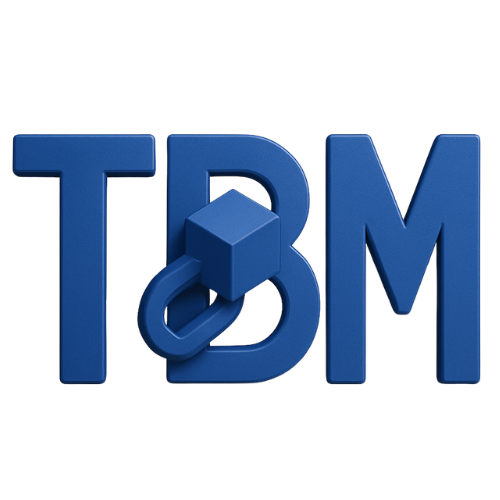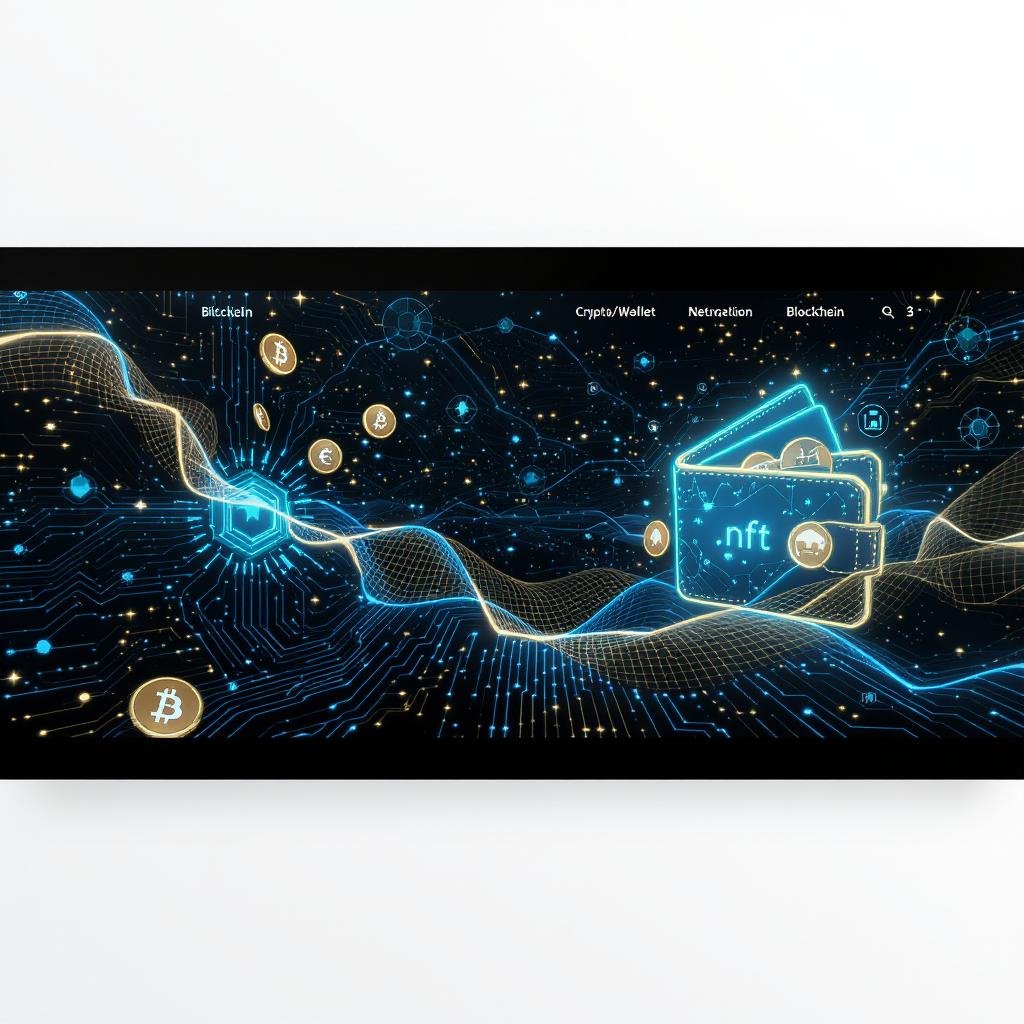Discover what NFTs are, how they work, and why Web3 domains like .nft, .crypto, .wallet offer digital ownership opportunities for beginners.
Introduction
Imagine owning a digital painting, a concert ticket, or even a memorable GIF—knowing you’re the one and only certified owner. That’s the power of NFTs—Non-Fungible Tokens. They represent unique digital assets verified on a blockchain. In this guide, we’ll unpack what NFTs are, show real-world examples, explain why Web3 domains like .nft, .crypto, and .wallet matter, and highlight how owning one of those domains can boost your digital presence and business ideas. Whether you’re curious about buying your first NFT or considering using a Web3 domain, let’s dive in together.
What Are NFTs? Definition & Everyday Examples
An NFT, or Non-Fungible Token, is a unique digital certificate of ownership, like a deed for a digital object. Unlike cryptocurrencies (like Bitcoin or Ethereum), NFTs are non-fungible, meaning each one is one-of-a-kind.
- Analogy: Think of NFTs like baseball cards. One PSA-graded rookie card isn’t interchangeable with another; each has its value and history.
- Everyday Example: You can own digital art—say, a pixel monkey drawing—but only one person has the original.
These tokens exist on a blockchain—usually Ethereum—where details like who owns it and its creation history are stored and verifiable. That transparency is the magic behind NFTs.
How NFTs Work: Blockchain and Ownership
Smart Contracts
NFTs rely on smart contracts, which are automated protocols containing rules such as:
- Who can own, transfer, or sell the NFT?
- Royalties—automated payouts to creators each time the NFT sells.
- Metadata—everything from the image file to creator notes.
Proof of Ownership
- When you buy an NFT, your digital wallet (linked to a Web3 domain) holds the private key that proves your ownership.
- A simple lookup on a blockchain explorer shows your wallet as the current owner.
- Unlike a screenshot, that ownership is immutable and provable.
Real-World NFT Use Cases
Digital Art
Remember Beeple’s $69 million NFT? That sparked global awareness. But NFTs aren’t just for million-dollar sales. Artists worldwide sell thousands of dollars’ worth of work monthly.
Collectibles
Projects like CryptoPunks and Bored Ape Yacht Club have created entire communities and utility beyond the art itself (events, merchandise, exclusivity).
Ticketing and Access
Imagine TicketPass.nft—a Web3 domain that issues digital concert tickets. When you buy the NFT, you’re not just getting a ticket; you’re getting an automatic badge in your digital wallet that grants entry. Event organizers can:
- Verify authenticity instantly.
- Offer exclusive add-ons (merch, backstage passes).
- Resell tickets safely, reducing fraud.
Why Web3 Domains Matter to NFTs
Branding & Ownership
Owning a domain like YourName.nft, Startup.crypto, or ArtCollector.wallet makes you stand out in Web3. Just as owning a .com was vital in the 2000s, Web3 domains signal credibility in the digital ownership economy.
Domain-Based Business Ideas
Your NFT and domain can work together:
- EventHub.nft: Sell exclusive event-themed NFTs.
- StudioToken.crypto: Host limited edition art or music releases under your brand.
- AccessPass.wallet: Give membership access to exclusive services via wallet ID.
These ideas, fueled by your Web3 domain and NFTs, form future-ready business models with low startup costs.
How to Buy and Store NFTs Safely
Choosing a Marketplace
Popular marketplaces include:
- OpenSea – large selection across blockchains.
- Rarible – decentralized governance by creators.
- Foundation – curated, high-quality art.
Look for verified collections and reputable sellers.
Wallets & Web3 Domains
- Use MetaMask, Coinbase Wallet, or Rainbow for holding NFTs and linking domains.
- Platforms like ENS (Ethereum Name Service) auction Web3 domains like .crypto or .wallet—some are custom-priced based on demand.
- Link your domain to your wallet; now, instead of 0x123…, people see You. wallet.
Challenges and Considerations
Environmental Concerns
Ethereum’s move to proof-of-stake has lowered energy use by over 99%. But always research the blockchain used.
Market Volatility
NFT prices can swing wildly, from a few dollars to thousands overnight. Focus on quality and personal conviction over hype.
Intellectual Property
Own an NFT? Great—but check licensing. Some come with full commercial rights; others are just “display rights.”
The Future of NFTs & Web3 Domains
Digital Identity
Web3 domains could become universal digital IDs. Imagine managing your finance, art, tickets, and community identities—all tied to YourName.wallet.
Utility Beyond Art
NFTs are going beyond visuals. Imagine:
- TicketPass.nft for events.
- Education.crypto for certificates.
- Access.wallet for premium digital services.
Your Web3 domain ties everything under your control—stored in your wallet, tagged to your identity.
Early Domain Investment
Buying a domain like MusicStudio.crypto early positions you as a pioneer in decentralized brand identity. As Web3 grows, these domains may become valuable assets, opening doors for collaboration, monetization, and influence.
Conclusion & Soft Nudge
NFTs and Web3 domains are revolutionizing digital ownership, identity, and business, and you don’t need to be an expert to get started. Digital art, event tickets, and personal branding domains—all are now in your hands. Exploring domains like these early could open big doors tomorrow.
FAQs
- Can anyone buy an NFT?
Yes. Just create a Web3 wallet, connect to a marketplace, and buy or mint an NFT. Tie it to your domain to show ownership clearly. - Are Web3 domains expensive?
They vary. Common names command higher prices, while longer or niche domains may be affordable early on. - What makes NFT art valuable?
Uniqueness, creator reputation, utility (like access), and community support often drive value. - Can NFTs expire or get deleted?
No. They live permanently on the blockchain unless intentionally burned by the owner. - Do Web3 domains work like websites?
Yes—you can set up your .crypto or .wallet domain to power decentralized websites and wallets without traditional hosting.

